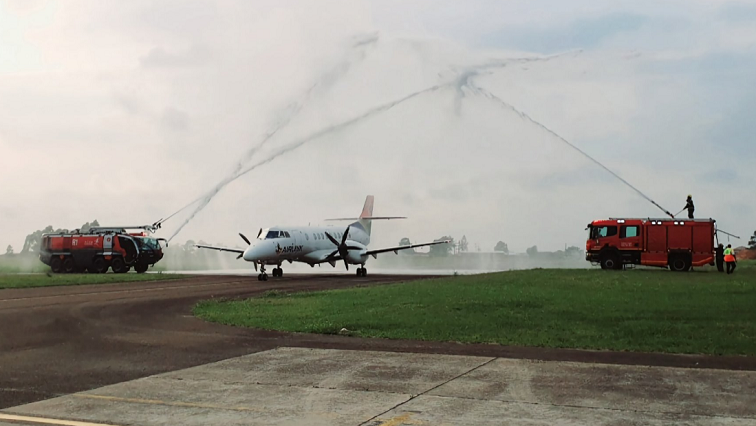The Air Traffic Navigation Services (ATNS) says it will approach government soon to ask for financial support.
The entity says due to the tough operating conditions during COVID-19, it has depleted its reserves.
In the past financial year, it has made a loss of R378 million.
This is an improvement from the R578 million loss the year before.
ATNS is the sole provider of air traffic, navigation, training and associated services within South Africa and is also responsible for Air Traffic Control throughout the Africa Indian Ocean region.
Chief Financial Officer Matome Moholola says they are continuing to improve on their revenues but at the moment their expenditure exceeds their revenue.
Moholola says, “ATNS has almost depleted its cash reserves and as a result there is a need to engage with the shareholder on a possible funding for imminent capital expenditure programme. I must indicate that at the start of COVID, ATNS had cash reserves of R1.6 billion. Unfortunately, this has reduced to about R400 million in recent months. And it is a major concern given the projects that are currently in the pipeline, particularly for Capex.”
Angolan aircraft
Meanwhile, the ATNS assured Parliament that the Angolan aircraft that landed at the Cape Town International Airport recently did not pose a safety risk to the country’s airspace.
CEO Nozipho Mdawe has told the National Assembly Transport committee that the ATNS was made aware of the aeroplane’s presence in the airspace and that it complied with all the requirements to do so.
The aircraft reportedly landed at Cape Town International Airport last Friday without the mandatory Foreign Operator’s Permit.
Members wanted to know how the aircraft landed undetected in the country.
Mdawe says this was in fact not the case.
‘We were made aware of this aircraft but also to note that this aircraft complied with all the requirements to accept and land an aircraft, accept is in our airspace and also to land it in SA. They had the necessary documentation. Furthermore, when we were alerted, we collaborated with the CAA (Civil Aviation Authority) and ACSA (Airport Company of South Africa) took the lead and we were working together with them to ensure that we complied with all the necessary requirements.”



